Chi Bao, 25 years old, said he often uses AI chatbots and social networks to find information about destinations and plan trips.
Chi Bao, a communications officer at a company in Ho Chi Minh City, said that before each trip, his habit is to open TikTok, Instagram, and Facebook groups to read reviews from previous travelers before deciding to book tickets and rooms. But since the beginning of the year, a series of information about ChatGPT has appeared, making Bao curious and since then he "regularly uses artificial intelligence chatbot applications" combined with social networks to "find information about destinations and plan" his trip.
Bao says his “approach to travel” is very different from previous generations. While his parents always sought help from consultants at travel agencies, Bao often “figures it out on his own,” saying that proactively seeking information from multiple sources helps him “understand the destination better.”
According to the male media employee, information from travel agencies is "very useful and complete" but he always feels that they advertise or just want customers to quickly close the tour. "The schedule has not changed much over the years, for example, the tour to Phoenix Ancient Town in 2019 is exactly the same as in 2023, there is no novelty," Bao said. For him, "every operation from booking a room to booking tickets is contained in the phone. Every time I book, I will change hotels and try new experiences."
Some travel experts say that Gen Z (born between 1997-2012) and Millennials (1980-2000) are "digital consumers". A user behavior research report on Klook, an e-commerce platform for experiences and travel, released on October 4 showed that 54% of Gen Z in the Asia-Pacific region and 69% of Gen Z in Vietnam use social media as the first tool to find information, inspiration and plan their trips. 73% of Gen Z in Vietnam consider reviews and recommendations on social media as a "trusted" source before deciding to book tickets and rooms.
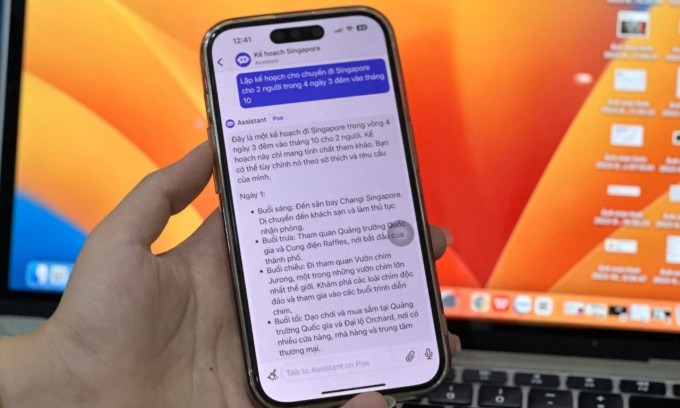
Singapore travel itinerary suggested by Poe Ai based on user requests. Photo: Ha Thu
Dr Nuno F. Ribeiro, Senior Associate Dean of Tourism and Hospitality Management, RMIT University Vietnam, said the use of artificial intelligence (AI) and machine learning is emerging as a "game-changer in the tourism industry".
These technologies are being used to create personalized travel experiences for customers. For example, AI-powered chatbots can help passengers plan trips, make recommendations for local attractions, and even assist with bookings.
“The rise of digitalization” has reshaped the way people travel, reinforcing the need for travel companies to adapt to the trend and provide mobile-friendly solutions, Ribeiro said.
Mr. CS Soong, Deputy General Director of Market Development at Klook, commented that the application of technology in tourism is increasingly booming, especially after the pandemic. Generation Z and Millennials have the habit of using integrated applications to plan trips, book tickets, search for information quickly and want to have their questions answered immediately. Grasping user behavior, in 2023, the Klook platform will test the Klook AI chatbot (K.AI), answering customers' questions about travel experiences, booking tours, booking tickets, helping tourists plan detailed travel to every destination in the world. The K.AI chatbot can convert 15 languages in the world, including Vietnamese. The answers are explained in easy-to-understand ways in each language.
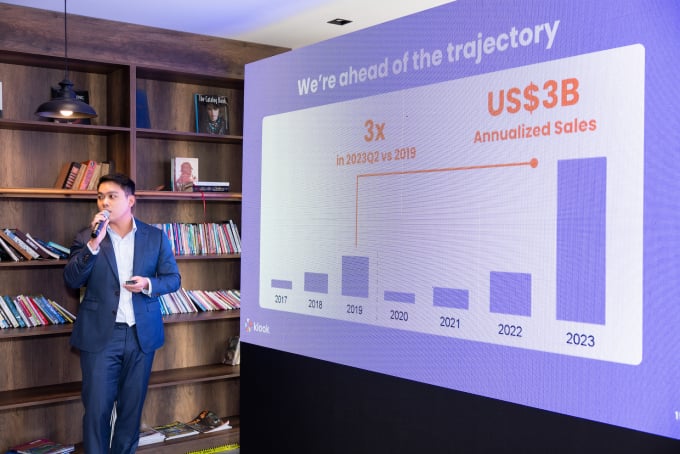
Mr. CS Soong, deputy general manager of market development at Klook, announced a report on the Vietnamese tourism market at a press conference on October 4. Photo: Bich Phuong
Not only the K.AI chatbot, young Vietnamese people also have other options to search for information and build travel schedules such as the Poe AI chatbox. Ha Thu, 27 years old, a graphic designer in Ho Chi Minh City, requested: "Plan a trip to Singapore for two people for four days and three nights in October" and received a "quite detailed" schedule.
Thu said the chatbot gives quick and comprehensive results but suggests "famous and familiar" destinations. She rated the suggested itinerary of the chatbot at only 6/10 points. If the chatbot wants to provide more specific information, users must ask for details on opening hours, ticket prices, and places to eat in specific neighborhoods or streets. "The tool is convenient but not complete, tourists still need to proactively find out more from other sources," Thu said.
According to a survey by tourism market research firm The Oubox, in the first quarter of 2023, 80% of Vietnamese tourists, mainly Gen Z and Millennials, chose to travel independently with family, friends or alone. In 2019, this figure was around 60%. The rate of Vietnamese tourists traveling independently in the second quarter increased by 4.2 percentage points compared to the first quarter. The survey indicated that the level of development of information technology and tourism media platforms contributed to this trend.
Bich Phuong - Van Khanh
Source link


![[Photo] Closing of the 11th Conference of the 13th Central Committee of the Communist Party of Vietnam](https://vstatic.vietnam.vn/vietnam/resource/IMAGE/2025/4/12/114b57fe6e9b4814a5ddfacf6dfe5b7f)



![[Photo] Overcoming all difficulties, speeding up construction progress of Hoa Binh Hydropower Plant Expansion Project](https://vstatic.vietnam.vn/vietnam/resource/IMAGE/2025/4/12/bff04b551e98484c84d74c8faa3526e0)







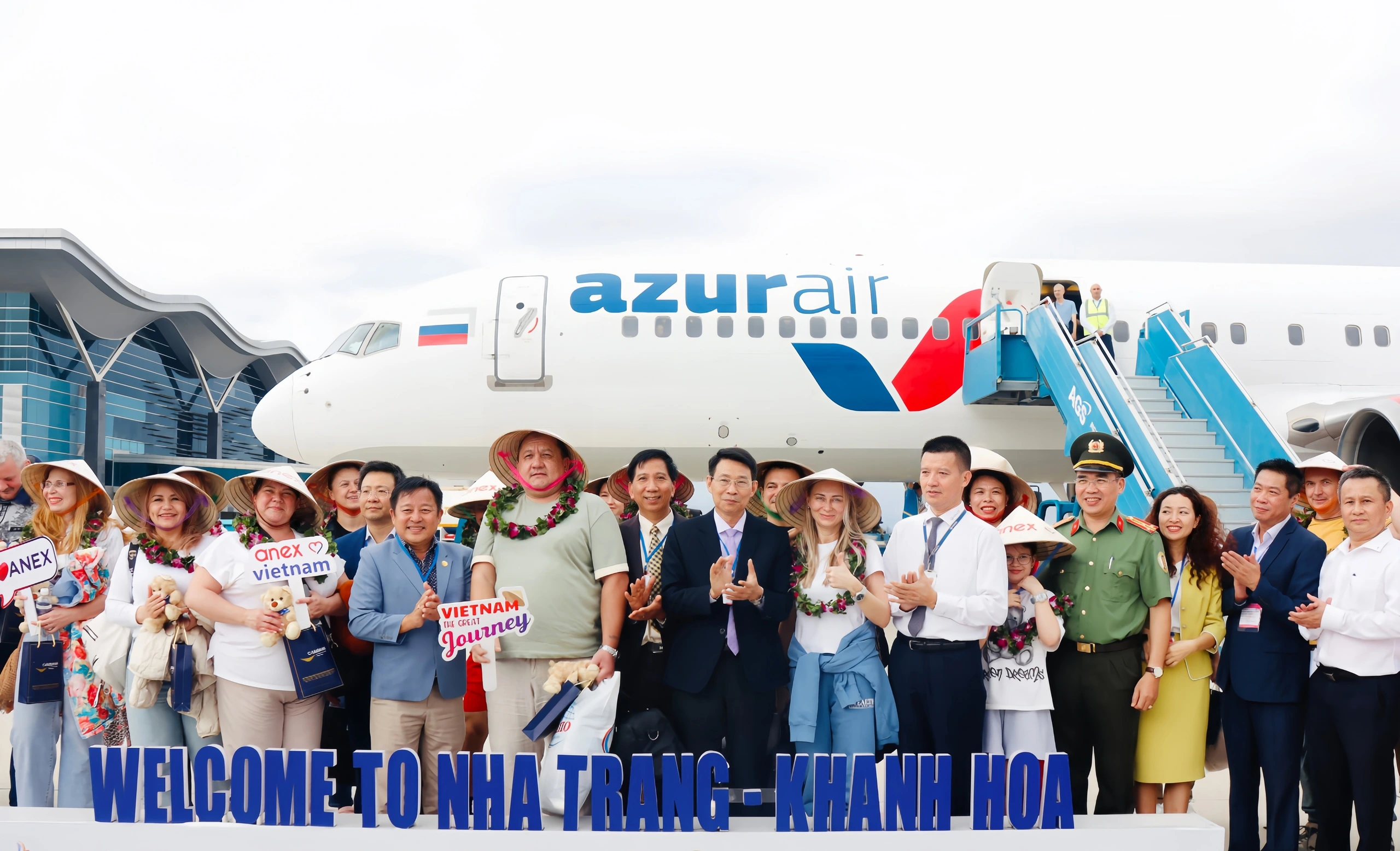

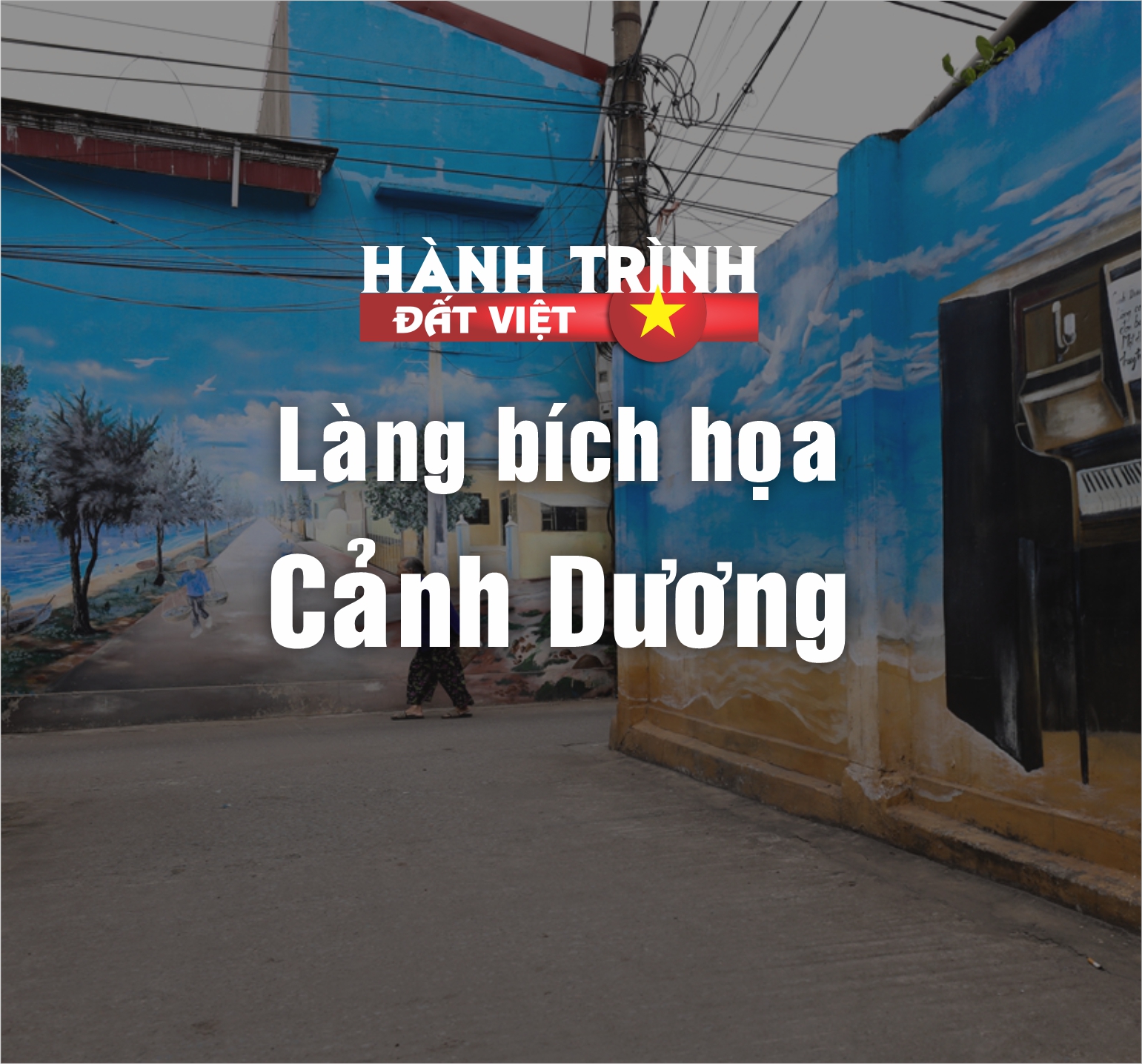

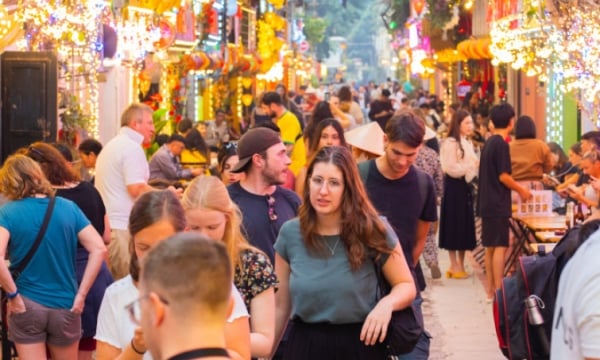

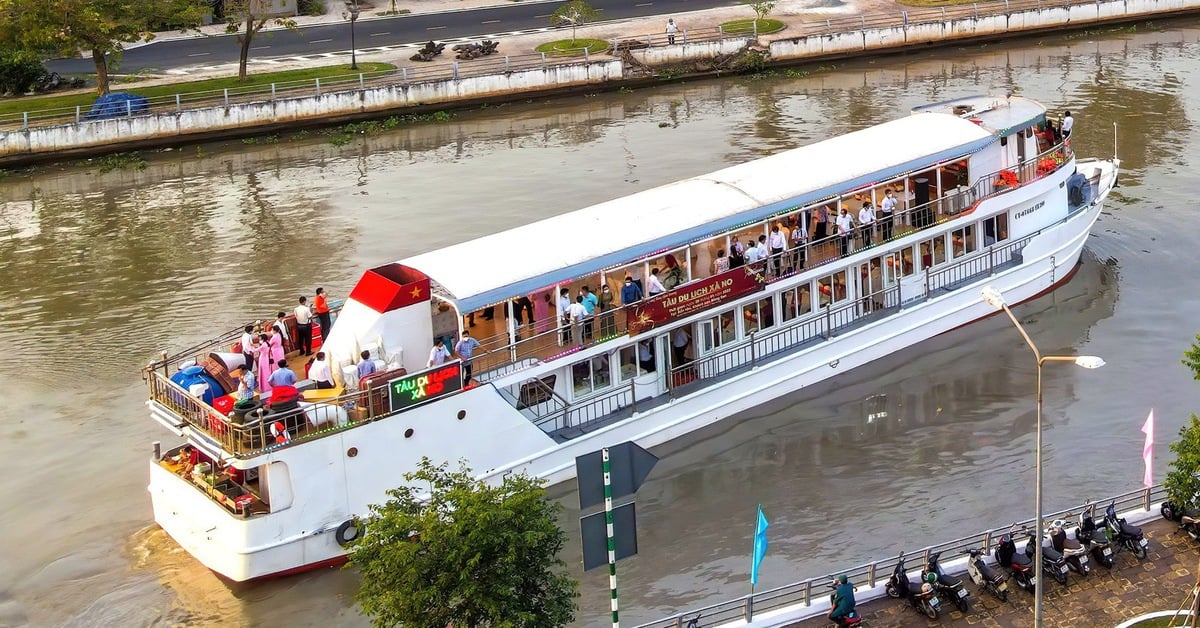
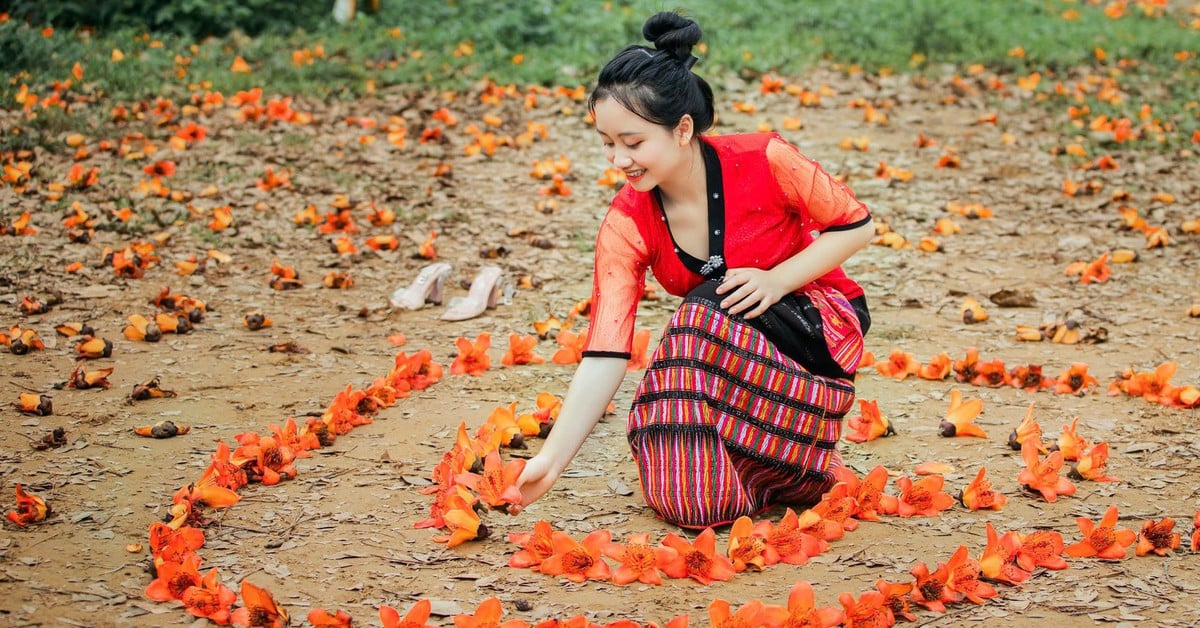


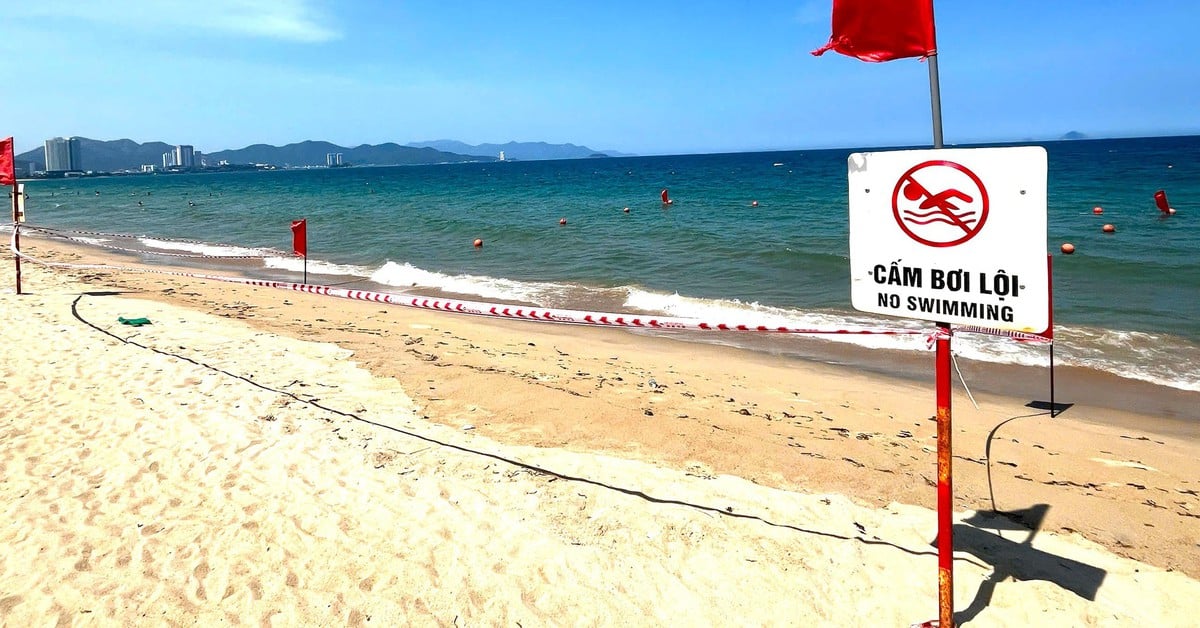
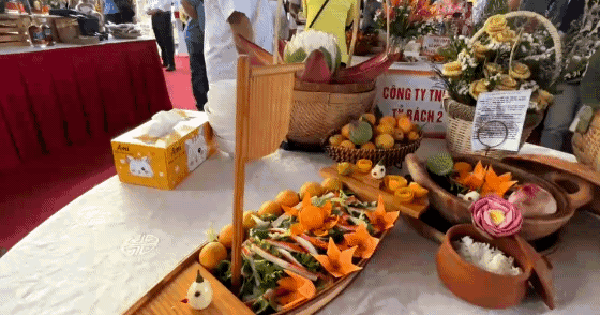
















































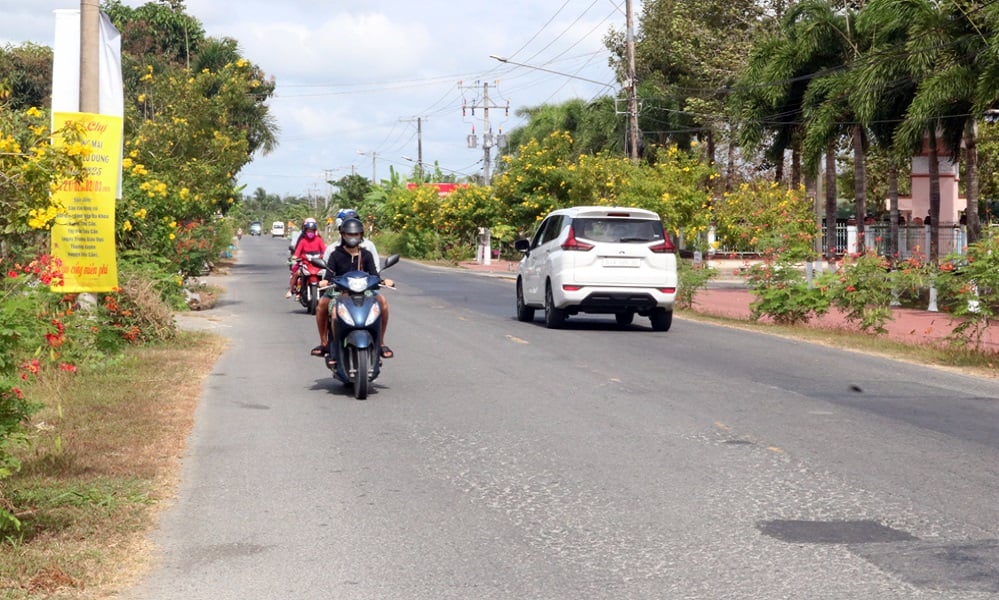
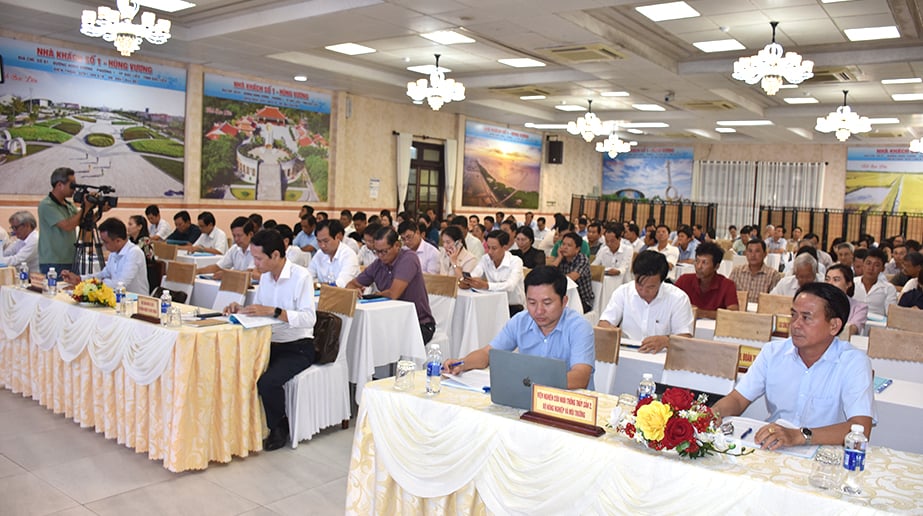
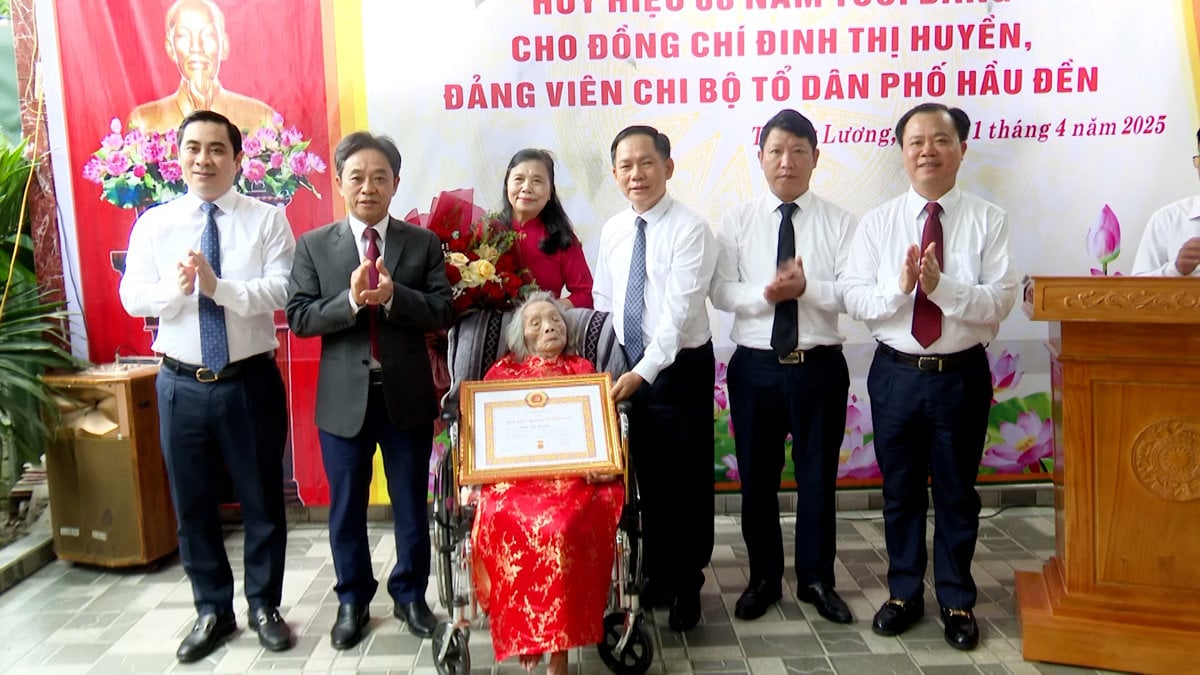
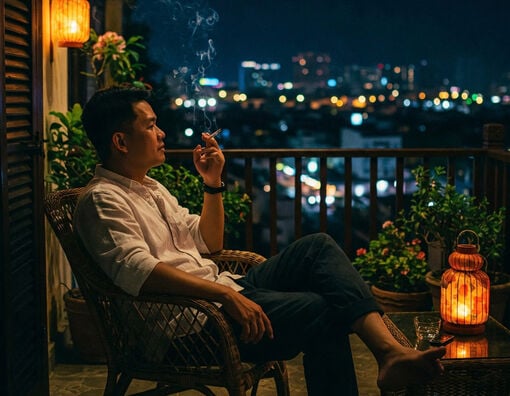

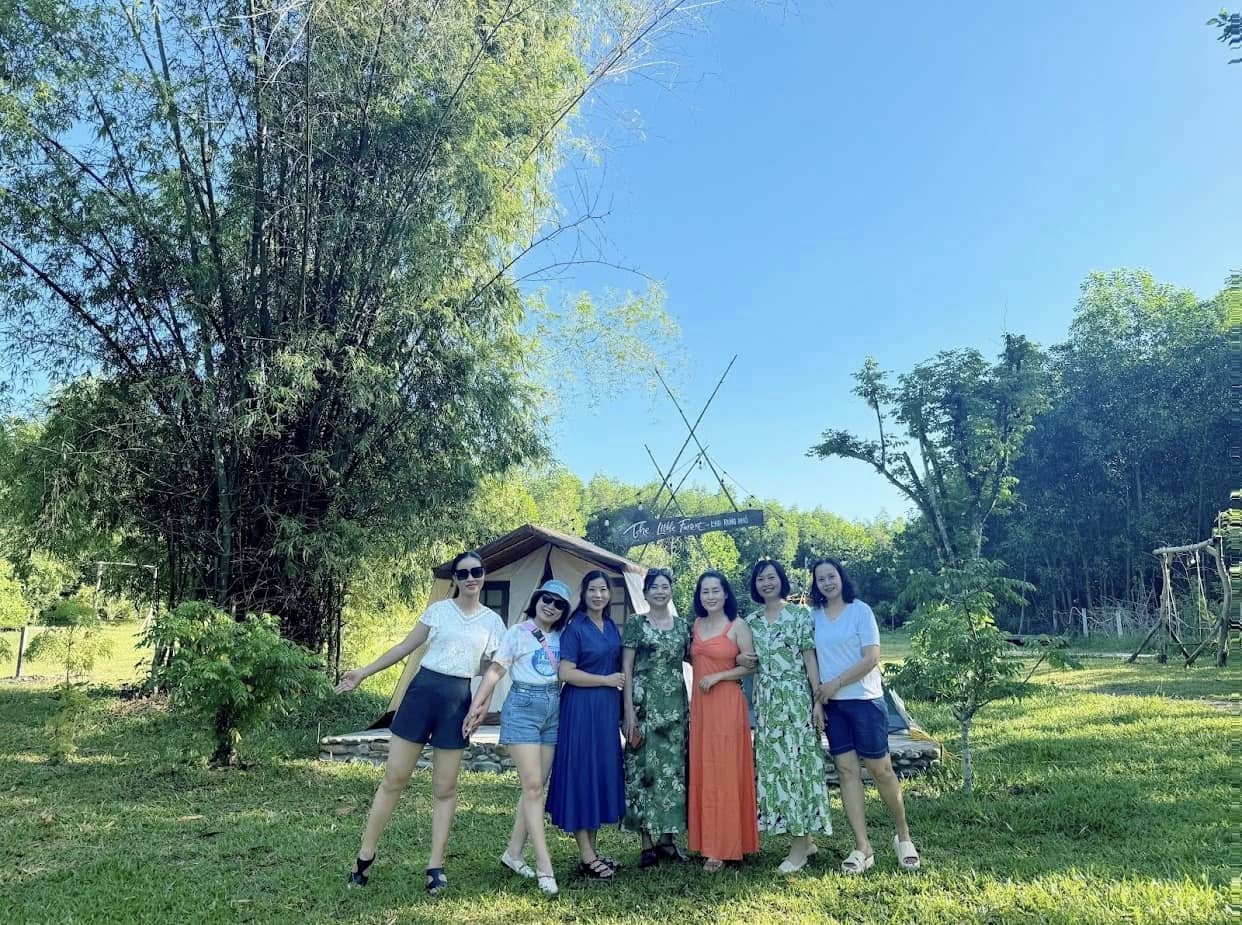

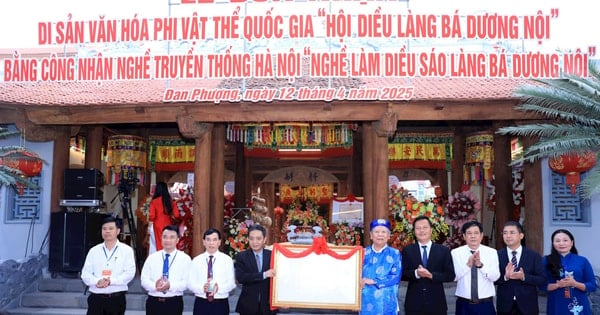












Comment (0)